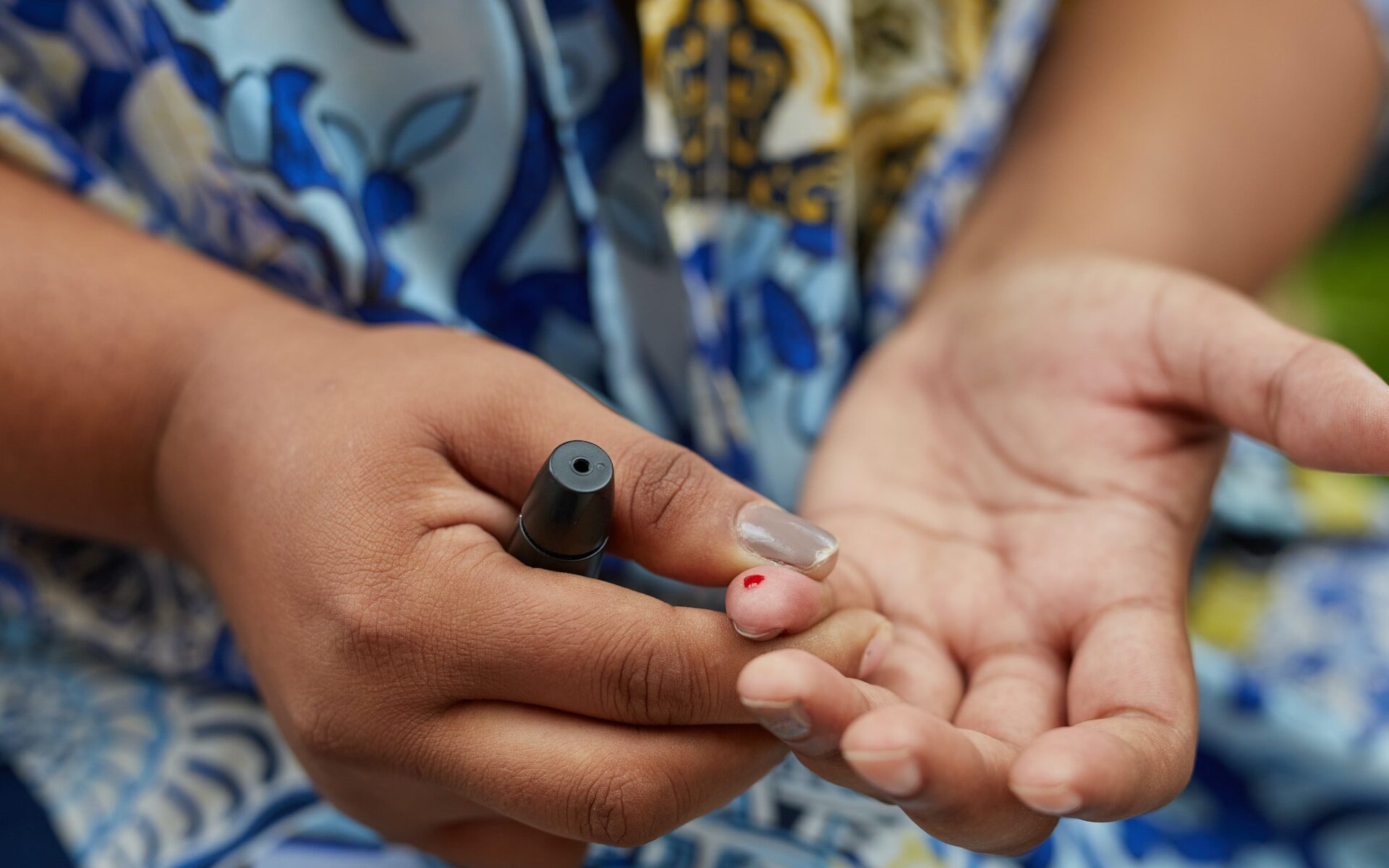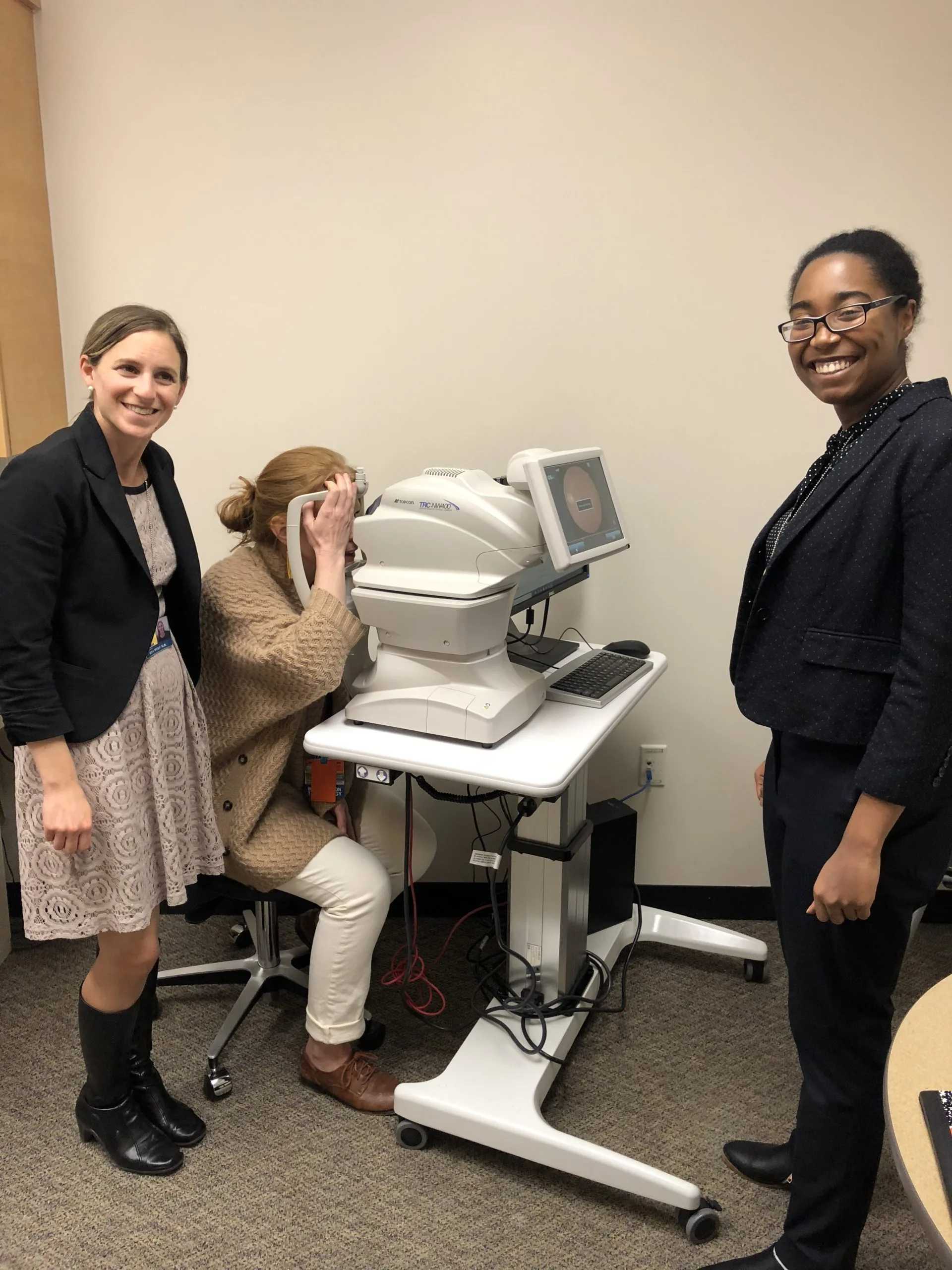Type 2 diabetes, a condition characterized by the body’s inability to properly use insulin, affects millions of people worldwide. Despite its prevalence, it’s often misunderstood, leading to a variety of misconceptions that can perpetuate stigma and impede effective management of the disease.
Our aim at the Diabetes Research Connection is to not only fund groundbreaking research into Type 1 and Type 2 diabetes but also to provide accurate, reliable information that educates the public and combats these pervasive myths. This blog post is part of that mission.
In this post, we’ll debunk some of the most common myths surrounding Type 2 diabetes, offering trusted insights backed by science. Our goal is to replace misinformation with facts, fostering a better understanding of the condition and promoting healthier, more informed conversations about it.
For in-depth information about Type 2 diabetes, its causes, symptoms, treatment, and management, visit the Diabetes Research Connection website. Equipped with the right knowledge, we can collectively make strides in battling this widespread disease.
Myth 1: Only Overweight People Get Type 2 Diabetes
One of the most common misconceptions about Type 2 diabetes is that it’s a disease that only affects overweight or obese individuals. While it’s true that excess weight can be a risk factor for developing Type 2 diabetes, it’s certainly not the only one. There are several other factors, including age, family history, ethnicity, and even certain health conditions, that can also increase the risk of developing this type of diabetes.
Research funded by the Diabetes Research Connection has shown that people of all shapes, sizes, and fitness levels can, and do, develop Type 2 diabetes. Focusing solely on weight can result in an oversimplified view of the disease and delay diagnosis and treatment for those who don’t fit the stereotype.
Understanding the full range of risk factors for Type 2 diabetes is essential for early detection and treatment. Consider making a donation to the Diabetes Research Connection to support ongoing research into these risk factors, as well as efforts to educate the public about the realities of this disease.
Myth 2: Type 2 Diabetes is not as Serious as Type 1
Another misconception is the belief that Type 2 diabetes is somehow less serious than Type 1. This myth is not only misleading but also potentially harmful. Both types of diabetes can lead to serious, even life-threatening complications if not managed correctly.
While the onset and management strategies for Type 1 and Type 2 diabetes may differ, both types require diligent care and attention. The Diabetes Research Connection is committed to conducting and supporting research into both Type 1 and Type 2 diabetes, seeking innovative treatments and, ultimately, a cure.
Help us dispel myths about Type 2 diabetes by sharing this post. By spreading accurate information, we can ensure that everyone living with diabetes gets the understanding and support they need.
Myth 3: People with Type 2 Diabetes Can’t Eat Sugar at All
The notion that people with Type 2 diabetes must completely eliminate sugar from their diet is another widely held myth. In reality, while it’s important for people with Type 2 diabetes to monitor their carbohydrate intake, including sugars, a zero-sugar diet is not necessary.
The key lies in moderation and balance. A healthy diet for people with Type 2 diabetes can still include some sugar, as long as it’s part of a balanced, nutrient-dense diet, and blood sugar levels are carefully managed.
Insights from Diabetes Research Connection-backed studies emphasize the importance of a personalized approach to dietary management in Type 2 diabetes, one that takes into account individual needs, preferences, and lifestyle.
To learn more about nutrition and diet management for Type 2 diabetes, visit the Diabetes Research Connection website. You’ll find a wealth of information backed by science, providing you with reliable guidelines for a diabetes-friendly diet.
Myth 4: If You Have Type 2 Diabetes, You Must Only Use Insulin
While insulin therapy can be a part of Type 2 diabetes management, it’s certainly not the only treatment option. Many people with Type 2 diabetes can manage their blood sugar levels through lifestyle changes, oral medications, or non-insulin injectable drugs.
Insulin is typically introduced when other measures are no longer sufficient to keep blood sugar levels in check. The Diabetes Research Connection funds research into a wide variety of treatment options for Type 2 diabetes, from exploring new drug therapies to studying the impact of lifestyle modifications.
To support further research into diverse and more effective treatment options for Type 2 diabetes, consider making a donation to the Diabetes Research Connection. Your contribution could play a part in the next major breakthrough in diabetes care.
Myth 5: Type 2 Diabetes is Only a Problem for Adults
While Type 2 diabetes was once predominantly seen in adults, it’s a growing problem among children and adolescents. Sedentary lifestyles and a rise in obesity rates have contributed to an increase in Type 2 diabetes cases in younger age groups.
Studies funded by the Diabetes Research Connection are actively exploring this worrying trend, aiming to understand the unique challenges and implications of Type 2 diabetes in youth. This knowledge is crucial for developing targeted prevention strategies and effective treatments for this younger population.
Keep yourself updated on the latest research and developments in Type 2 diabetes by signing up for the Diabetes Research Connection newsletter. The more we know, the better we can work together to combat this disease across all age groups.
Looking forward
Dispelling myths about Type 2 diabetes is crucial for fostering a better understanding of the disease and promoting effective management strategies. The Diabetes Research Connection is committed to providing accurate and reliable information, supported by scientific research, to help educate the public and debunk misconceptions.
By challenging myths such as the belief that only overweight individuals get Type 2 diabetes or that it is less serious than Type 1 diabetes, we can break down barriers and promote a more inclusive and empathetic approach to diabetes care. Understanding that sugar can still be enjoyed in moderation and that treatment options go beyond insulin empowers individuals with Type 2 diabetes to make informed decisions about their health.
As supporters of the Diabetes Research Connection, your contributions play a vital role in advancing our understanding of Type 2 diabetes and developing innovative treatments. Together, we can work towards a future where accurate information and effective interventions make a tangible difference in the lives of those affected by Type 2 diabetes.
Visit the Diabetes Research Connection website to learn more about Type 2 diabetes, its management, and the ongoing research supported by donations. Consider making a donation to support their mission of improving lives through research and education. By doing so, you contribute to the fight against Type 2 diabetes and help create a world where misconceptions are replaced with knowledge and understanding.




